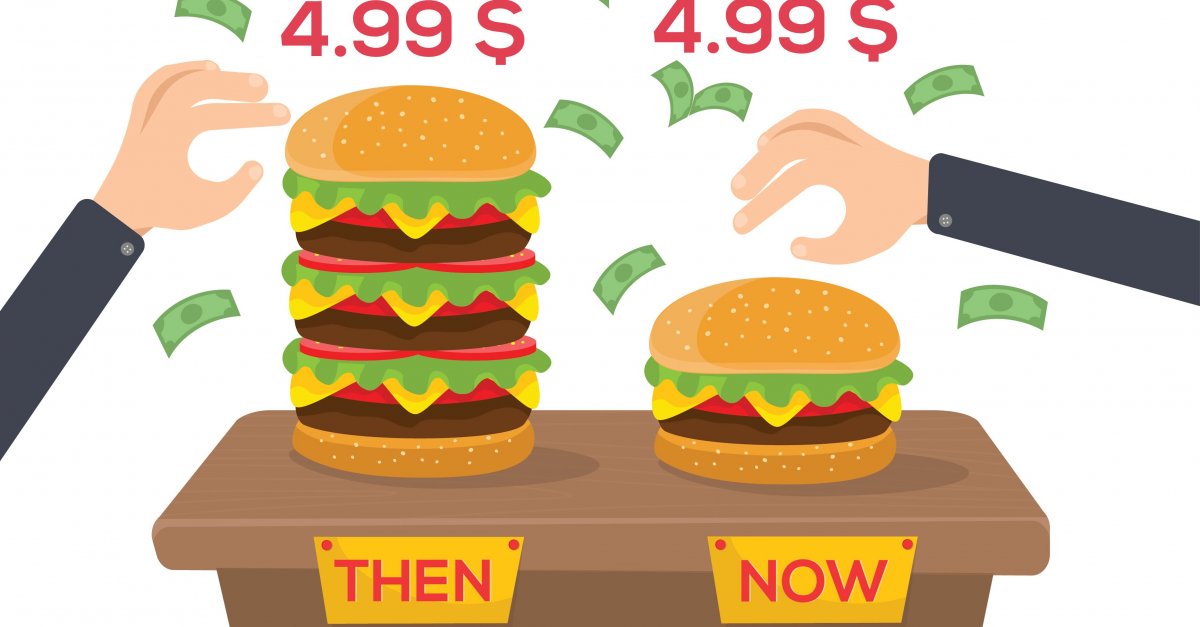Ukraine war, inflation hurt business outlook in Minnesota, 8 for Dummies


A 30-Foot View on Inflation - W3 Wealth Management

A quarter of Americans are worried about inflationHere are 4 things to watch - PBS NewsHour
6 Simple Techniques For Biden Says Fighting Inflation Is 'Top Priority' as Prices Bite
What Causes Inflation? There are 3 primary causes of inflation: demand-pull inflation, cost-push inflation, and integrated inflation. Demand-pull inflation refers to situations where there are inadequate service or products being produced to keep up with demand, causing their costs to increase. apartment expenses -push inflation, on the other hand, takes place when the expense of producing products and services rises, forcing companies to raise their prices.


5 Super Stocks to Stave Off Sizzling Inflation - Kiplinger
This in turn triggers organizations to raise their prices in order to offset their increasing wage costs, resulting in a self-reinforcing loop of wage and cost increases. Is Inflation Great or Bad? Excessive inflation is generally considered bad for an economy, while too little inflation is also thought about hazardous.
Getting My inflation - Definition, Theories, & Facts - Encyclopedia Britannica To Work
Generally speaking, greater inflation damages savers because it wears down the purchasing power of the cash they have actually conserved. However, it can benefit borrowers due to the fact that the inflation-adjusted value of their arrearages diminishes over time. What Are the Effects of Inflation? Inflation can affect the economy in several methods. For instance, if inflation causes a country's currency to decline, this can benefit exporters by making their goods more economical when priced in the currency of foreign nations.
Higher inflation can also motivate spending, as customers will intend to acquire goods rapidly prior to their rates increase even more. Savers, on the other hand, might see the real value of their savings wear down, restricting their ability to invest or purchase the future.
